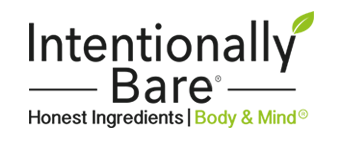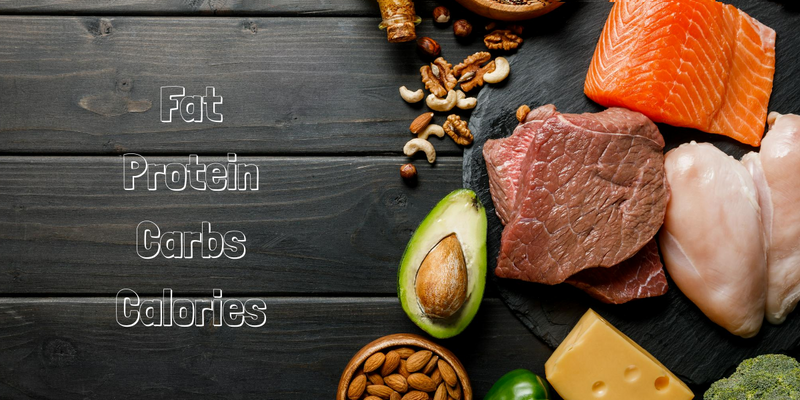I’m going to tell you a not-so-carefully guarded secret.
I don’t always track my macros. Macros are macronutrients, those bits and pieces that make up the nutritional side of food that you eat. Calories are just one part of your food. There’s also fat, carbs, and protein. These elements make up your macros.
I will be the first to tell you that I’m following ‘lazy keto‘ (definition: healthy keto but not a lot if any tracking) I often eat what I want, making sure that I get in plenty of fat. I’ll be honest with you. I’m busy, and maybe just a little bit lazy. I hate tracking macros.
But there are times when it’s important to track your macros. I’ve laid out a few situations where you should be tracking your macros on the keto diet.
Track Your Macros When You Start the Keto Diet
One of the reasons that I don’t track my macros is because I’ve been following the ketogenic diet for a long time. While I don’t eat the same things every day, I do have a steady rotation of foods that I eat on a regular basis. Because I have a steady rotation of food, I know the rough macros of everything I eat. Many days, I start out with a bone broth protein drink (US | Canada). That fills me up for hours, and I know the exact macros. That often keeps me full until dinner time.
But it’s different when you’re starting out. In the beginning, you’re experimenting with food choices and figuring out which supplements help you best adapt to your new lifestyle. You haven’t memorized the macros of everything you eat, and some days, your carbs are much higher than other days. There will also be days when you fail to meet your fat macro; since that’s the key to weight loss, you will need to know when you’re falling short there.
It’s a good idea to be fully fat adapted (and that takes 4 – 6 weeks) and have figured out what foods work for you before you stop tracking your macros. I recommend that you carefully track your macros for your first several months following the keto diet.
When You’re Stalled
For some people, weight loss can plateau on the ketogenic diet. It’s actually quite common. A plateau usually happens when your body reaches the point where your calories and your exercise are too much to promote weight loss. If you were following a standard diet plan, this would be a time when you would cut your calories. Since cutting calories isn’t generally the goal with keto, a stall can be a time for you to examine your macros. As you get comfortable with this new lifestyle, it can be easy to accidentally get your macros out of whack. It’s rarely intentional, but it happens just the same.
Sometimes, a stall can happen because of your carb intake. If you’re counting net carbs (carbs minus fiber minus sugar alcohols), and find that you’ve stalled, you may need to start counting total carbs instead. This can give you a jumpstart during a stall.
When You Hit Your Goal Weight
Once you hit your goal weight, you will need to completely re-evaluate your macros. For some people, increasing carb intake just a little bit (while still avoiding grains and sugar) is the way to go. But for most people, you’ll find a need to increase your fat intake to maintain your weight. You will want to track your macros for several weeks to make sure that you maintain your weight rather than gaining again or continuing to lose. Once you hit the right macro combination, you should only need to track if you find that you’re gaining or losing weight again.
If Things Just Don’t Feel Right
Let’s face it; the first few months of keto can be rough for some people. Between the keto flu and getting the right macros, getting started in the keto lifestyle can be challenging. Once you’re past that, you should feel pretty good most days that you stick to your macros and avoid sugar and grains. If you don’t feel great, and you’re taking a multivitamin and a keto BHB supplement (US | Canada), or if your blood test results aren’t where they should be (high A1C, blood glucose, or cholesterol) then you should start tracking your macros. You could have some hidden sugars somewhere, or something that you’re eating could have more carbs than you expected. A formulation could have changed, or you could have assumed something was safe when it actually wasn’t.
If You’ve Had a Major Illness
Having the flu or another major illness can throw all of your bodily systems out of whack. You may not have eaten keto while you were sick (which is understandable), and your recovering body may have different needs than your fully healthy body. You’re essentially starting over with the keto way of eating, and you will want to track your macros and make sure you get extra electrolytes!
If you’re well established in the keto diet, then doing lazy keto or not fully counting your macros probably won’t get in the way of your weight loss. However, there will be some times when it is beneficial for you to keep close track of your macros. During those times, the importance of macros cannot be denied.
Do you find that you’re occasionally needing advice on following the keto way of life? I’ve got you covered! Stop by my Facebook group to meet me and get the support you need on your keto journey!
You got this!
Leta ~ Intentionally Bare
❗️Health information given here is based on public research and is not meant to take the place of your doctor's advice. Always do your own research and discuss it with your health practitioner before trying a new diet, supplement or exercise plan


